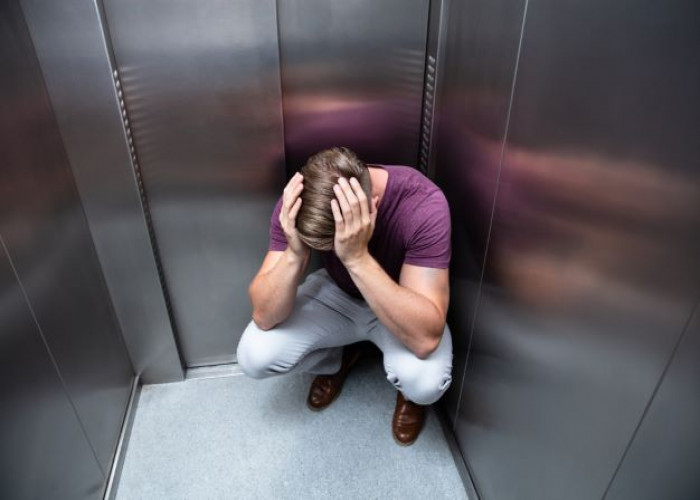 Welcome
Welcome
“May all be happy, may all be healed, may all be at peace and may no one ever suffer."
Agoraphobia
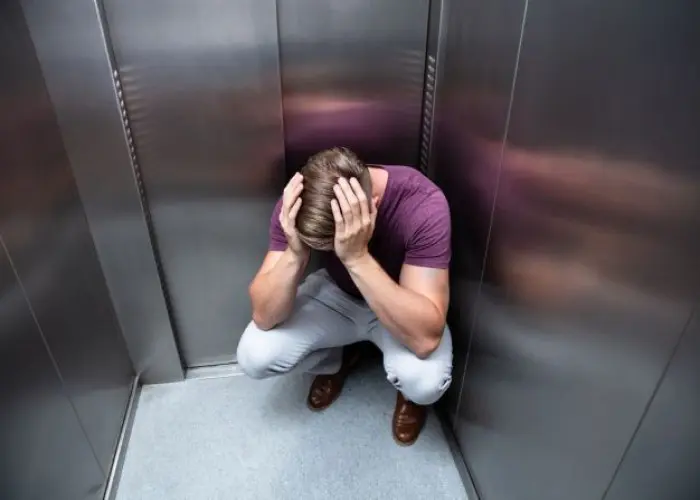
Agoraphobia is a type of anxiety disorder characterized by a fear of being in situations where escape might be difficult or embarrassing, or where help might not be available in the event of a panic attack. The fear is often so intense that it interferes with daily activities and can lead to avoidance behavior.
Agoraphobia typically develops as a result of having panic disorder, which is characterized by recurring panic attacks. People with agoraphobia may fear being in crowded places, being in open spaces, or being in enclosed spaces, such as elevators or airplanes. They may also fear being alone outside of their home.
Symptoms of agoraphobia may include:
- Intense fear or anxiety in certain situations, such as being in a crowded place or being away from home
- Avoidance of feared situations, such as not leaving the house or avoiding public transportation
- Physical symptoms such as heart palpitations, sweating, shaking, and difficulty breathing when in feared situations
- Difficulty carrying out daily activities due to fear or avoidance of situations
Treatment for agoraphobia typically involves a combination of therapy and medication. Cognitive behavioral therapy (CBT) can help individuals learn to challenge and change their fearful thoughts, while exposure therapy can help individuals gradually confront and overcome their fears. Medications such as selective serotonin reuptake inhibitors (SSRIs) and benzodiazepines may also be prescribed to help manage symptoms.
If you are experiencing symptoms of agoraphobia, it's important to seek help from a mental health professional. With proper treatment, many people with agoraphobia are able to manage their symptoms and lead fulfilling lives.
Research Papers
Disease Signs and Symptoms
- Crowds or waiting in line
- Diarrhea
- Excessive sweat
- Dizziness, lightheadedness or faintness
- Dizziness (vertigo)
- Chest pain
- Trouble breathing or a feeling of choking
- Rapid heartbeat (tachycardia)
- Anxiety
- Enduring a social situation with intense fear or anxiety
- Fear of being alone
- Intense fear of death
Disease Causes
Agoraphobia
Biology — including health conditions and genetics — temperament, environmental stress and learning experiences may all play a role in the development of agoraphobia.
Disease Prevents
Agoraphobia
There's no sure way to prevent agoraphobia. However, anxiety tends to increase the more you avoid situations that you fear. If you start to have mild fears about going places that are safe, try to practice going to those places over and over again before your fear becomes overwhelming. If this is too hard to do on your own, ask a family member or friend to go with you, or seek professional help.
If you experience anxiety going places or have panic attacks, get treatment as soon as possible. Get help early to keep symptoms from getting worse. Anxiety, like many other mental health conditions, can be harder to treat if you wait.
Disease Treatments
Agoraphobia treatment usually includes both psychotherapy and medication. It may take some time, but treatment can help you get better.
Psychotherapy
Psychotherapy involves working with a therapist to set goals and learn practical skills to reduce your anxiety symptoms. Cognitive behavioral therapy is one of the most effective forms of psychotherapy for anxiety disorders, including agoraphobia.
Generally a short-term treatment, cognitive behavioral therapy focuses on teaching you specific skills to better tolerate anxiety, directly challenge your worries and gradually return to the activities you've avoided because of anxiety. Through this process, your symptoms improve as you build on your initial success.
You can learn:
- What factors may trigger a panic attack or panic-like symptoms and what makes them worse
- How to cope with and tolerate symptoms of anxiety
- Ways to directly challenge your worries, such as the likelihood of bad things happening in social situations
- That your anxiety gradually decreases if you remain in situations and that you can manage these symptoms until they do
- How to change unwanted or unhealthy behaviors through desensitization, also called exposure therapy, to safely face the places and situations that cause fear and anxiety
If you have trouble leaving your home, you may wonder how you could possibly go to a therapist's office. Therapists who treat agoraphobia are well aware of this problem.
If you feel homebound due to agoraphobia, look for a therapist who can help you find alternatives to office appointments, at least in the early part of treatment. He or she may offer to see you first in your home or meet you in what you consider a safe place (safe zone). Some therapists may also offer some sessions over the phone, through email, or using computer programs or other media.
If the agoraphobia is so severe that you cannot access care, you might benefit from a more intensive hospital program that specializes in the treatment of anxiety.
You may want to take a trusted relative or friend to your appointment who can offer comfort, help and coaching, if needed.
Medications
Certain types of antidepressants are often used to treat agoraphobia, and sometimes anti-anxiety drugs are used on a limited basis. Antidepressants are more effective than anti-anxiety medications in the treatment of agoraphobia.
- Antidepressants. Certain antidepressants called selective serotonin reuptake inhibitors (SSRIs), such as fluoxetine (Prozac) and sertraline (Zoloft), are used for the treatment of panic disorder with agoraphobia. Other types of antidepressants may also effectively treat agoraphobia.
- Anti-anxiety medication. Anti-anxiety drugs called benzodiazepines are sedatives that, in limited circumstances, your doctor may prescribe to temporarily relieve anxiety symptoms. Benzodiazepines are generally used only for relieving acute anxiety on a short-term basis. Because they can be habit-forming, these drugs aren't a good choice if you've had long-term problems with anxiety or problems with alcohol or drug abuse.
It may take weeks for medication to relieve symptoms. And you may have to try several different medications before you find one that works best for you.
Both starting and ending a course of antidepressants can cause side effects that create uncomfortable physical sensations or even panic attack symptoms. For this reason, your doctor likely will gradually increase your dose during treatment, and slowly decrease your dose when he or she feels you're ready to stop taking medication.
Alternative medicine
Certain dietary and herbal supplements claim to have calming and anti-anxiety benefits. Before you take any of these for agoraphobia, talk with your doctor. Although these supplements are available without a prescription, they still pose possible health risks.
For example, the herbal supplement kava, also called kava kava, appeared to be a promising treatment for anxiety, but there have been reports of serious liver damage, even with short-term use. The Food and Drug Administration has issued warnings but not banned sales in the United States. Avoid using any product that contains kava until more-rigorous safety studies are done, especially if you have liver problems or take medications that affect your liver.
Disease Diagnoses
Disease Allopathic Generics
Disease Ayurvedic Generics
Disease Homeopathic Generics
Disease yoga
Agoraphobia and Learn More about Diseases
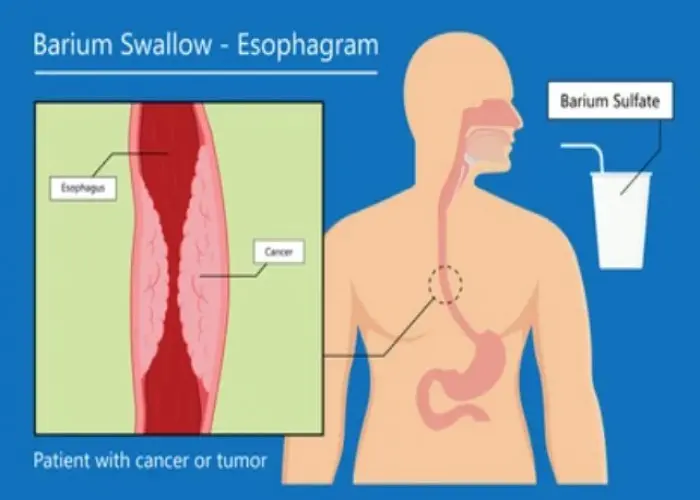
Barrett's esophagus
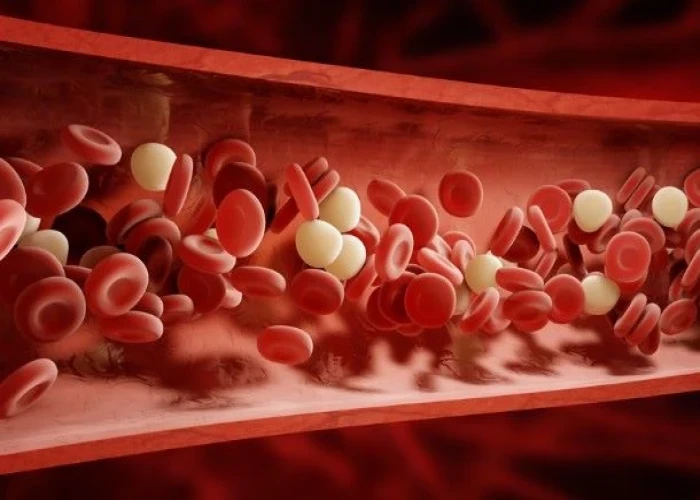
Monoclonal gammopathy of undetermined significance (MGUS)

Traumatic brain injury

Asthma attack
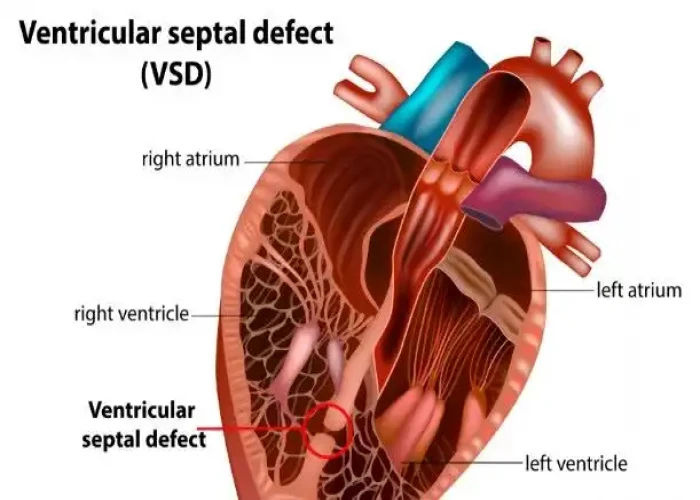
Ventricular septal defect (VSD)
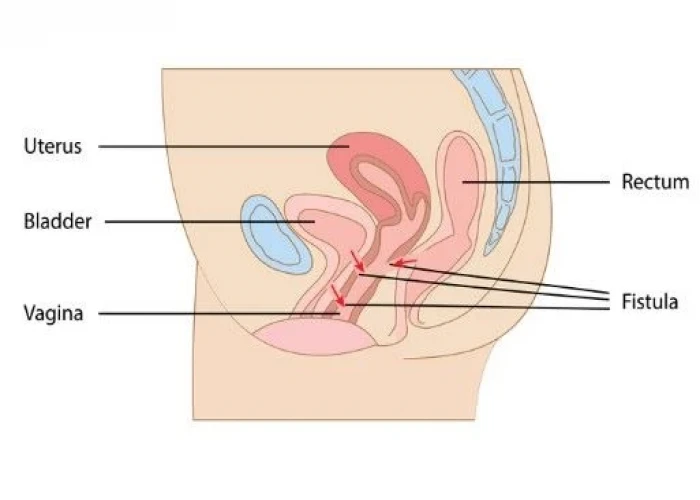
Rectovaginal fistula

Jellyfish stings
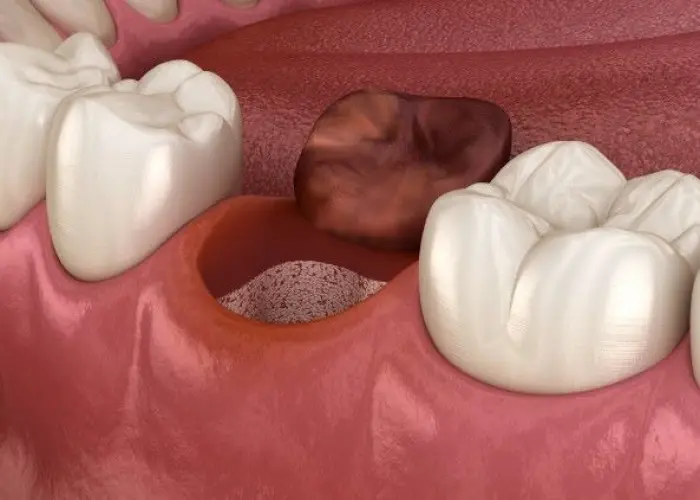
Dry socket
Agoraphobia, Agoraphobia meaning, Agoraphobia treatment, অ্যাগ্রোফোবিয়া
To be happy, beautiful, healthy, wealthy, hale and long-lived stay with DM3S.
